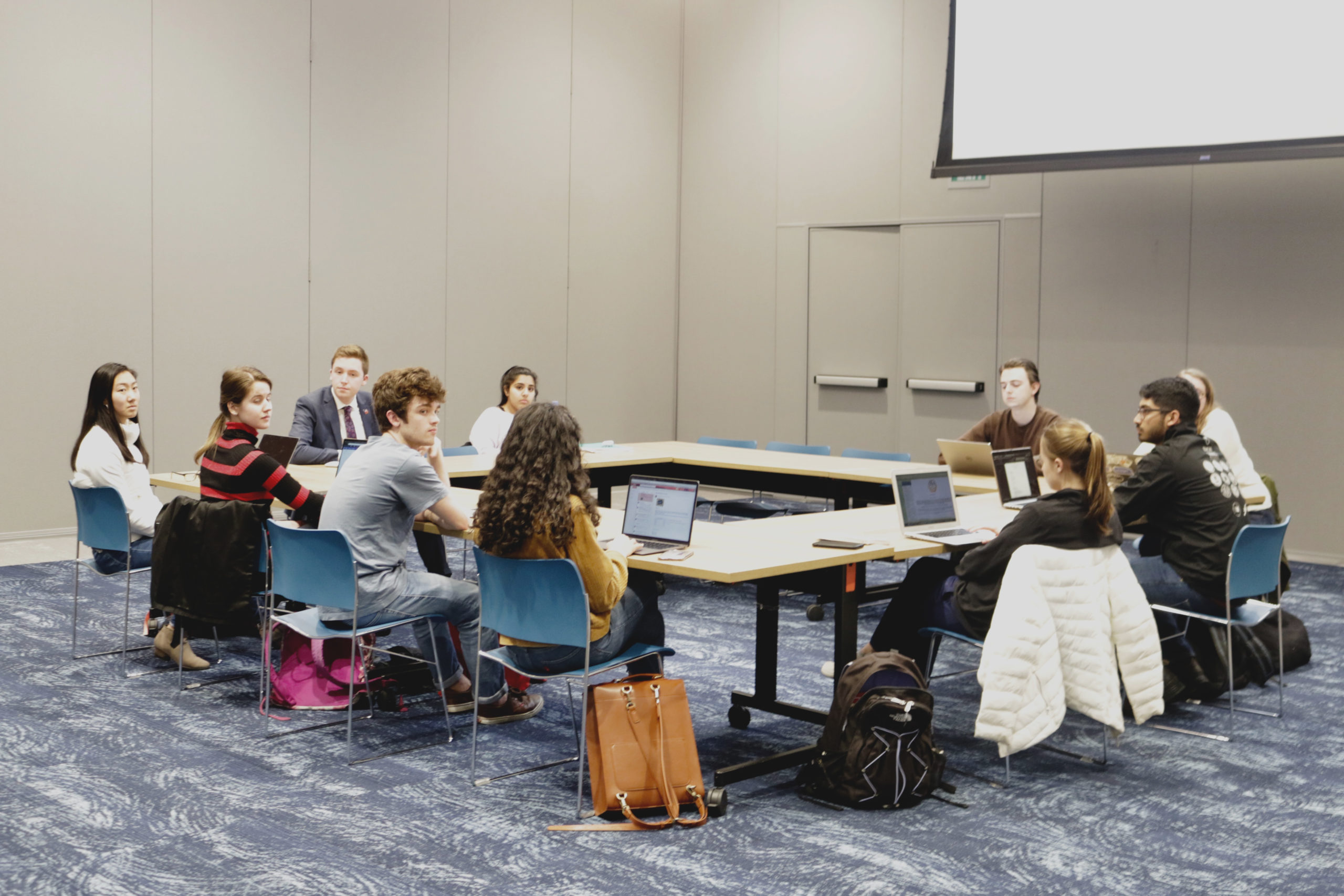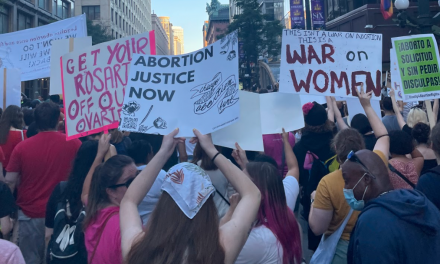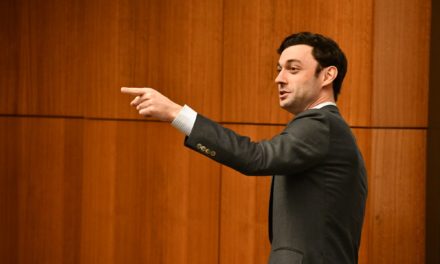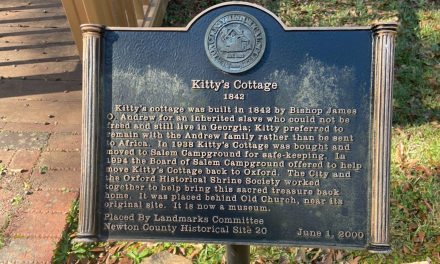
Eunice Park, Staff
The Student Government Association (SGA) unanimously voted to amend the SGA Constitution to add an additional legislator and modify the method of legislator allocation during their meeting on Feb. 24.
All eight legislators present voted on an amended version of the original bill, Bill 53sl28, that underwent first reading on Feb. 17.
The current constitution allocates six legislators to College Council (CC) and three each to Oxford SGA, BBA Council and Emory Student Nurses Association. The proposed constitution will allocate a minimum of two legislators to each of the divisional councils and allocate the eight remaining seats proportionally to the number of students in each of the four undergraduate divisions.
A revision to the initial bill specifies that seats will be distributed using the D’Hondt method, which allocates seats to parties in proportion to their vote share. In the case of SGA, the vote share is tied to the number of students in each divisional college.
At a town hall on Feb. 20, SGA Attorney General and bill sponsor Ryan Murray (19Ox, 21C) said that the D’Hondt method removes the “discretion” required when rounding fractional values for allocation and would make the process more objective.
SGA President Ben Palmer (18Ox, 20C) said that the new method of seat allocation will not alter the distribution of legislators that SGA had envisioned when they initially introduced the bill.
A second revision to the bill since its first reading limits the authority of the SGA president to remove non-elected members of SGA solely to the members of the SGA Executive Board.
In an interview with the Wheel, Palmer said that the president can no longer remove non-elected members, such as members of the Elections Board, citing 52nd SGA President Dwight Ma’s (17Ox, 19C) removal of then-Elections Board Chair and current CC Senior Legislator Justin Cohen (20C).
Members of the executive board who believe that they have been removed on illegitimate grounds can appeal their dismissal with the Constitutional Council.
As an Issue of Significance, the proposed amendments to the constitution will be subject to a student-wide referendum and will require a simple majority of votes to be ratified. Voting on the referendum will begin on Feb. 27 and will last for 24 hours.
Correction: A previous version of this article incorrectly stated that the voting period on the student referendum was 48 hours. It is in fact 24 hours, with the voting period concluding on February 28 at 9 PM.
Tanika Deuskar (22C) is from Bangalore, India. She intends to double major in Biology and Creative Writing. She loves jogging, listening to podcasts, and eating spicy food.





